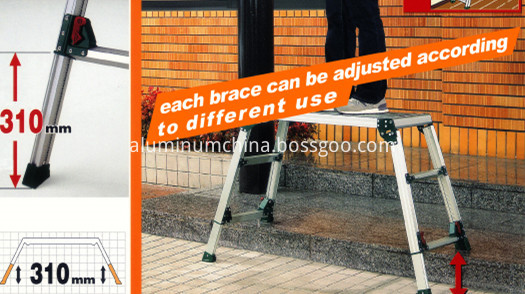Germany developed a sulfur nano-electrode electrode to create a record of battery-specific capacity
On the 12th, at the 9th International Symposium on Nanotechnology held in Dresden, the Fraunhofer Institute for Materials and Radiography (IWS) in Germany presented their carbon nanotube-based sulfur-containing electrode materials. This material is used in lithium-sulfur batteries and can achieve mass capacities of up to 900 mAh/g. More and more mobile applications make electrical energy storage a key technology today, and the bottleneck of most applications is the energy density of the battery system, which largely determines the use time after charging. In order to significantly improve the performance of existing battery systems, scientists have continued to develop electrode materials. Of these, sulfur is considered a very promising material. The theoretical specific capacity of sulfur exceeds 1600 mAh/g. The use of sulfur as the cathode of a battery has significant advantages over previously used electrodes: On the one hand, higher energy densities are obtained with a higher sulfur content. On the other hand, sulfur is a cheap, non-toxic, abundant resource. However, sulfur is very low in conductivity, and it must be placed in a conductive die and contacted on the nanoscale as much as possible before it can be used in electrochemistry. Scientists at IWS have used carbon nanotubes to produce sulfur-containing electrodes using special production techniques that take advantage of their large specific surface area and good electrical conductivity. They used a simple coating method to make vertically aligned carbon nanotubes grow directly on a metal substrate such as aluminum, nickel, stainless steel, and then penetrate sulfur into this structure to form a so-called sulphur nanoforest, in complete Stable and compact electrodes were obtained without the use of adhesives or other additives. IWS and partners Fraunhofer Institute for Chemical Technology (ICT) and University of Kiel, Germany, applied these materials to lithium-sulfur batteries to further test their performance. The current results show that after infiltrating the appropriate sulfur, the new material can obtain particularly high battery capacity, which can reach a record 1300 mAh/g based on the mass of sulfur. According to the calculation of the mass of the sulfur-carbon composite, it can reach 900 mAh/g, which is much higher than other electrodes containing a binder. (Li Shan, a reporter from Germany)
The most notable feature is that it has four
adjustable legs which can adjust independently, allowing for use on steps and
slopes. Ideal for decorating and
DIY and all jobs where you need a safe, secure platform to work from.
The components are
connected with the riveting process, which very is firm and safe.
Adjustable Working Platform is popular used
around the house and garden.
Adjustable Working Platform Foldaway Ladder,Adjustable Working Platform,Ladder Platforms,Adjustable Scaffolding SUZHOU RIZHONGTIAN ALUMINUM CO.,LTD. , http://www.alumi-china.com
